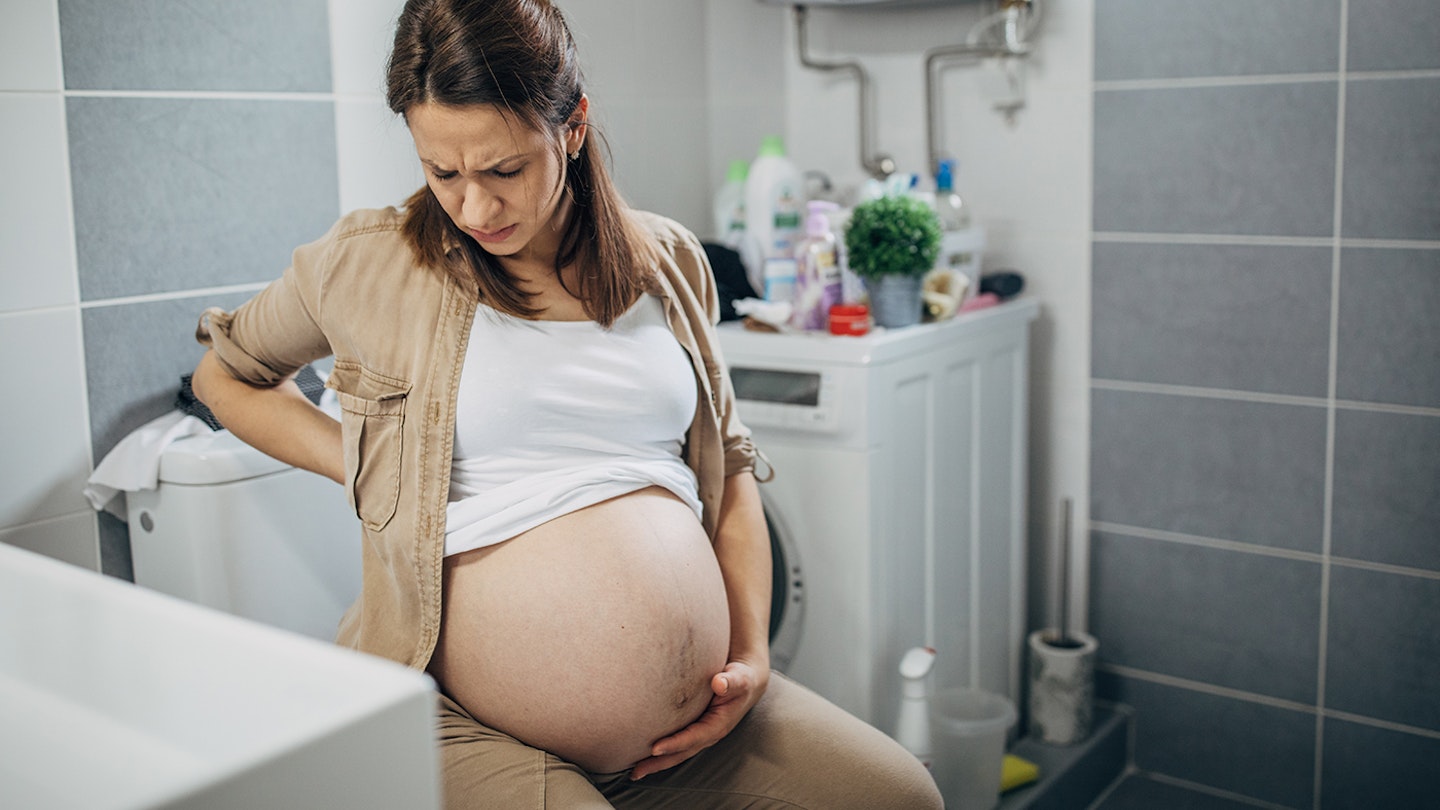Piles in pregnancy is relatively common, so there’s no need to be embarrassed if you think you have it.
Also known as hemorrhoids, piles are swellings that contain enlarged blood vessels inside or around your bottom.
The most important thing is that piles won’t affect your pregnancy, so there’s no need to panic if you do happen to get it. Read on for our complete guide on piles in pregnancy, including what causes it, the symptoms to look out for and how to treat it.
Symptoms of piles
If you have piles, the NHS says these are the symptoms you may experience:
• Itching around your anus (may also experience aching, soreness or swelling)
• Pain when going for a poo
• Mucus discharge after you’ve been for a poo
• A lump hanging outside the anus, which may need to be pushed back in after passing a stool
• Bleeding after passing a stool – the blood is usually bright red
Why do women get piles in pregnancy?
When you’re pregnant there’s an increase in the amount of blood being pumped around your body. You’ve also got lots of hormones rushing around too, and this surge in hormones can make your veins relax, which can lead to piles. Constipation is also another common problem during pregnancy, which can cause piles too. It can happen at any point in pregnancy, even in the later stages of pregnancy after the 25 week mark. Women who suffer from IBS before pregnancy may find that their IBS is impacted by pregnancy, including bouts of constipation.
How to get rid of piles in pregnancy
While you can’t instantly get rid of piles, there are lots of ways to ease the effects, including sticking to a healthy diet and lifestyle plan.
‘Eat plenty of food that is high in fibre, like wholemeal bread, fruit and vegetables,’ advises Jane. ‘Make sure you drink plenty of water to help prevent constipation, which can make piles worse.’
You should also avoid standing for long periods and exercise regularly to improve your circulation. Don’t worry about harming your baby doing this as there are plenty of safe ways that you can exercise safely while you’re pregnant.
‘Some people find it helpful to press a cloth wrung out in ice water against the piles, to soothe the pain,’ says Jane. ‘Unfortunately, you’ll need to push back in any piles that stick out using a lubricating jelly.’
Read more: Your guide to chickenpox in pregnancy
Can I avoid getting piles in pregnancy?
Your best bet is to try and avoid becoming constipated during your pregnancy in order to avoid piles. The best ways you can do this is by following Jane’s advice above - eating foods high in fibre, regularly exercising, not standing for too long and dressing a wrung out cloth against your piles.
When should a doctor be consulted?
If nothing seems to be easing your discomfort, see your GP who may prescribe medicines and ointments to help soothe the inflammation.
Your piles should resolve themselves within a couple of weeks of you giving birth but see your GP if they don’t.
Popular articles to read next
Cramping in early pregnancy: What is normal and when to be concerned
Trapped wind in pregnancy: how to relieve it and why it happens
